Argan vs Olive Oil For Skin & Hair – Benefits and Uses
The potential advantages of olive oil and argan oil for skincare and haircare have both grown in popularity. Understanding the special qualities and applications of Argan and Olive oil is essential if you want to add a natural oil to your beauty regimen.
The potential health benefits of these two oils for the skin and hair will be compared in this article. Understanding each oil’s characteristics and uses will help you choose the one that best suits your needs and preferences while also ensuring that your beauty routine produces the best results possible.
What is Argan Oil?
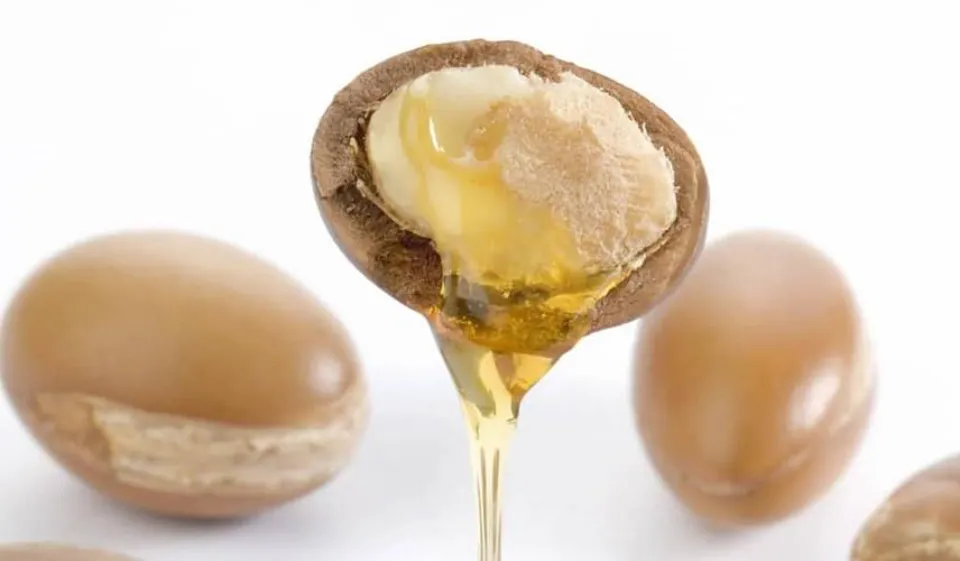
The kernels of the argan tree, which is indigenous to Morocco, are used to make argan oil, a natural plant oil. Women in Morocco have been using oil as a cosmetic and culinary ingredient for centuries.
Argan oil provides us with a lot of antioxidants. contains vitamin E and essential fatty acids, which together help to hydrate and nourish our skin.
A labor-intensive process that begins with gathering the fruit of the argan tree is required to produce argan oil. The nuts are separated from the fruit’s flesh before it is dried in the sun. Cracking open the nuts reveals tiny, almond-shaped kernels that hold the priceless oil. In order to get the oil out of these kernels, they are first roasted.
Due to its many health advantages, such as its capacity to moisturize skin and hair, reduce inflammation, and improve heart health, argan oil has recently grown in popularity.
Benefits of Argan Oil for Skin
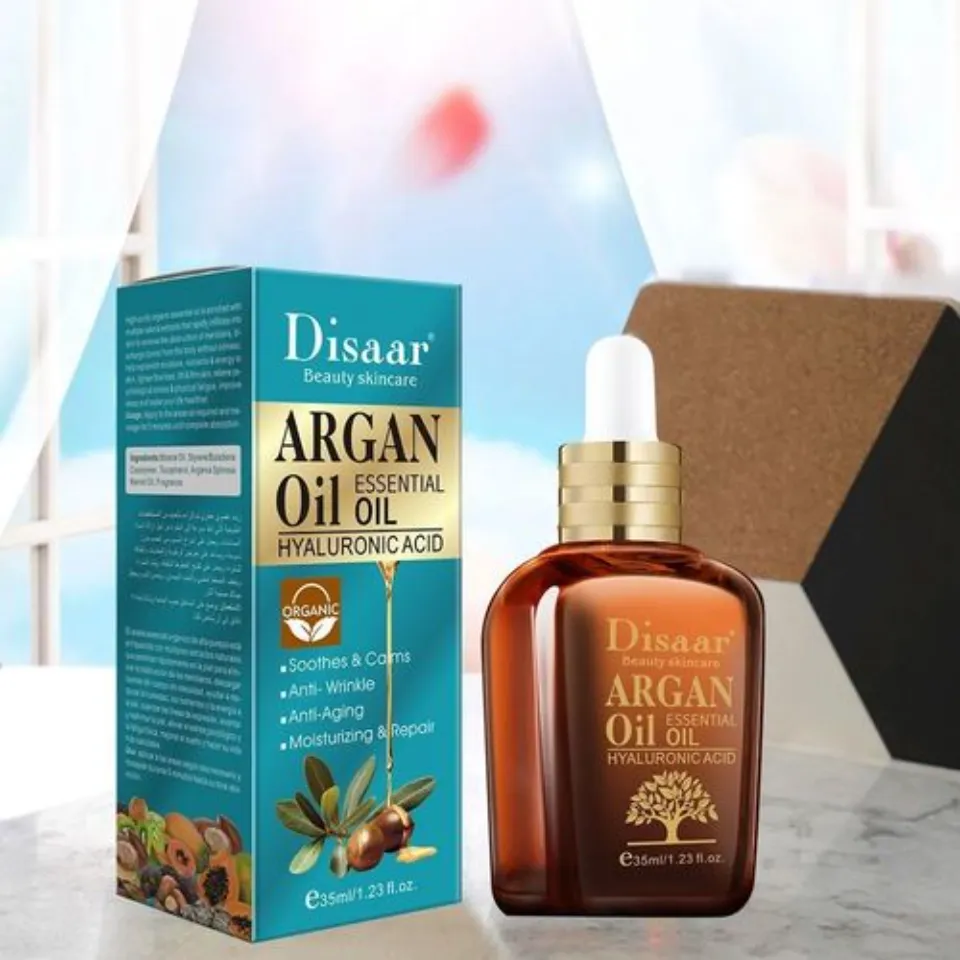
The kernels of the argan tree, which is indigenous to Morocco, are used to make the versatile and nourishing oil known as argan oil. It has long been a staple of Moroccan culture for both cosmetic and culinary uses. Argan oil has become more well-known recently as a useful component in skincare products all over the world. Here are some benefits of argan oil for the skin:
Moisturizing
Argan oil helps to nourish and moisturize the skin with the help of fatty acids like oleic acid and linoleic acid, which are plentiful in the oil. It helps to prevent dryness and flakiness by restoring the skin’s natural moisture barrier.
Anti-aging
Argan oil contains antioxidants, including vitamin E, that help protect the skin from the damage that free radicals can do. Age-related features like fine lines, wrinkles, and dark spots can all be attributed to free radicals.
Soothing
Anger-inflamed skin may benefit from the anti-inflammatory properties of argan oil. People with sensitive skin or ailments like rosacea or eczema may find it helpful.
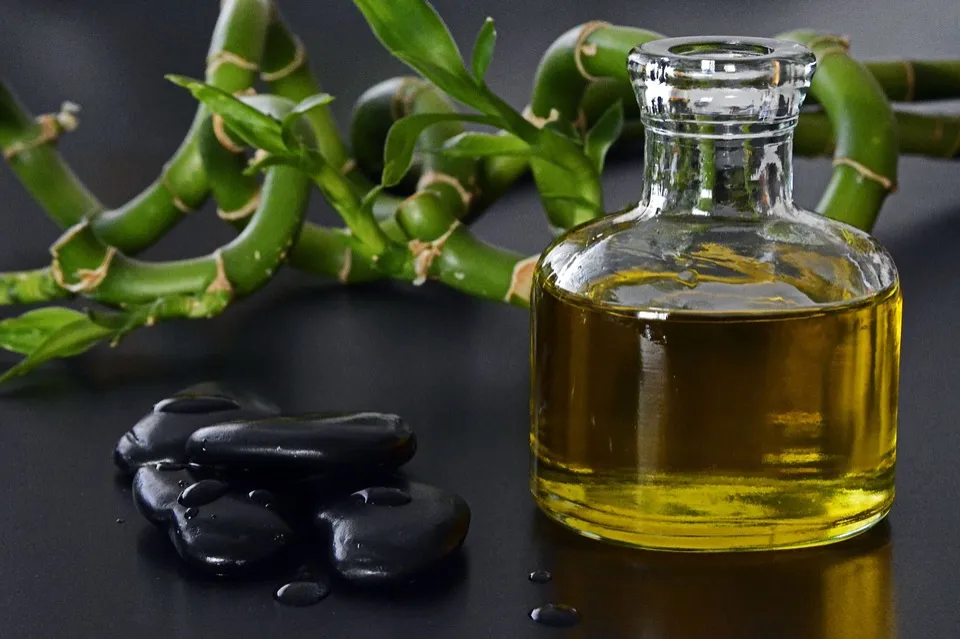
Non-comedogenic
Argan oil is non-comedogenic, so it won’t block pores. Because it can help hydrate skin without causing breakouts, it is a great option for those with acne-prone skin.
Brightening
According to research, argan oil has skin-brightening qualities that can help to even out skin tone and lessen the visibility of dark spots.
Argan oil is a useful and versatile skin care ingredient overall. It can be a wonderful addition to any skincare routine because it can help to hydrate, defend, calm, and brighten the skin.
What is Olive Oil?
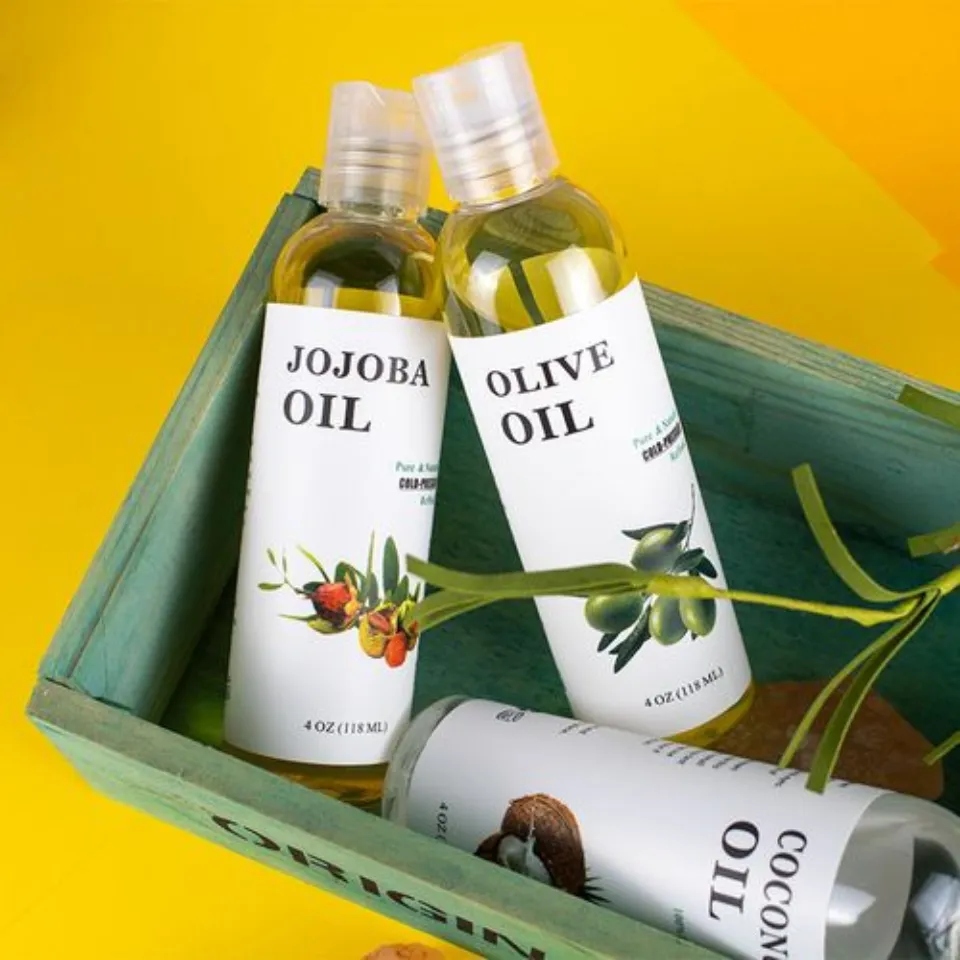
From the olive tree’s fruit, a particular type of oil known as olive oil is produced. It is now widely used all over the world and has long been a mainstay of Mediterranean cuisine.
Due to its high concentration of monounsaturated fats, which have been associated with a number of health advantages, olive oil is one of the healthiest oils on the market.
Crushing and pressing olives to release their liquid content is a part of making olive oil. Olive oil’s color, flavor, and aroma are influenced by the type of olives used and the method of processing. Extra-virgin olive oil is the best type of olive oil because it is made by cold-pressing only natural olives without the use of any additives or solvents.
Cooking, baking, salad dressings, and dipping are just a few uses for olive oil.
Read More: What Does Agave Taste Like
Benefits of Olive Oil for Skin
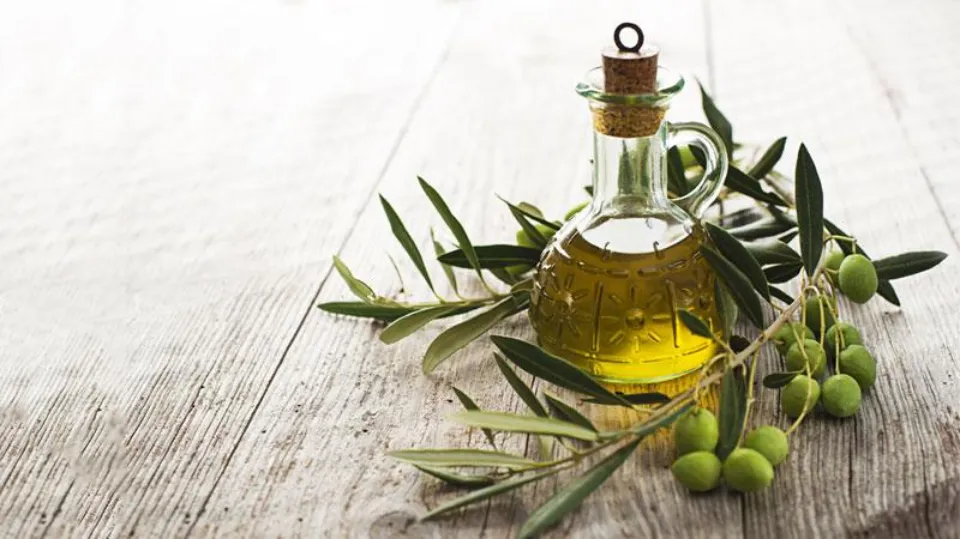
Olive oil has a wide range of potential skin benefits due to the abundance of healthy fats and antioxidants it contains. Here are some of the ways that olive oil may benefit your skin:
Moisturizes
Natural skin moisturizers like olive oil are fantastic. Making the skin more supple and soft, it aids in hydrating it and retaining moisture.
Anti-aging
Olive oil contains antioxidants like vitamin E and polyphenols that can help shield the skin from free radical damage, which can lead to wrinkles, fine lines, and age spots. Free radical damage can also cause other signs of aging like acne and sun spots.
Anti-inflammatory
Since olive oil has anti-inflammatory properties, it can help to calm and soothe irritated or inflamed skin. Because of this, it’s a fantastic option for people with ailments like eczema or psoriasis.
Improves skin elasticity
Olive oil’s good fats can help skin become more elastic, giving it a firmer, younger-looking appearance.
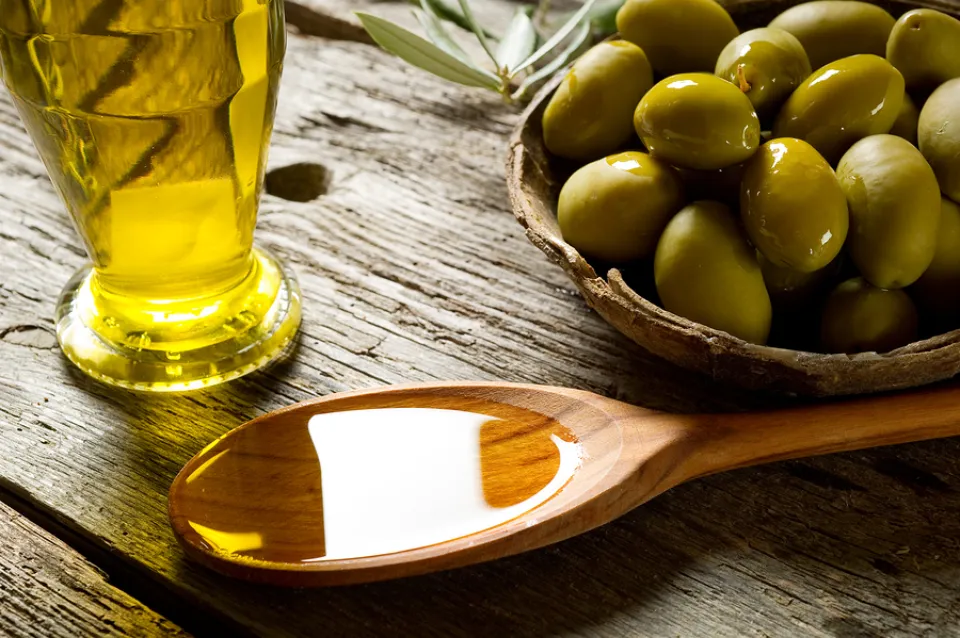
Helps to heal wounds
Small cuts and scrapes can benefit from the antibacterial properties of olive oil by staying healthy. Additionally, it lessens scarring and encourages wound healing.
Generally speaking, olive oil is a versatile and organic substance that benefits your skin in a variety of ways. It’s important to keep in mind that not all olive oils are created equal and that some may be healthier than others.
Comparison: Argan Oil Vs Olive Oil
Nutrient Content
Both argan and olive oils have healthy ingredients that are good for the skin, but olive oil has a higher amount of antioxidants, especially polyphenols. These anti-oxidants aid in the fight against free radicals, which can harm skin and quicken aging.
Skin Benefits
Both oils provide the skin with hydration, nutrition, and defense. The anti-inflammatory qualities and higher antioxidant content of olive oil give it a slight advantage over other oils, though. These characteristics increase the efficiency of olive oil in preventing aging symptoms and fostering skin regeneration and repair.
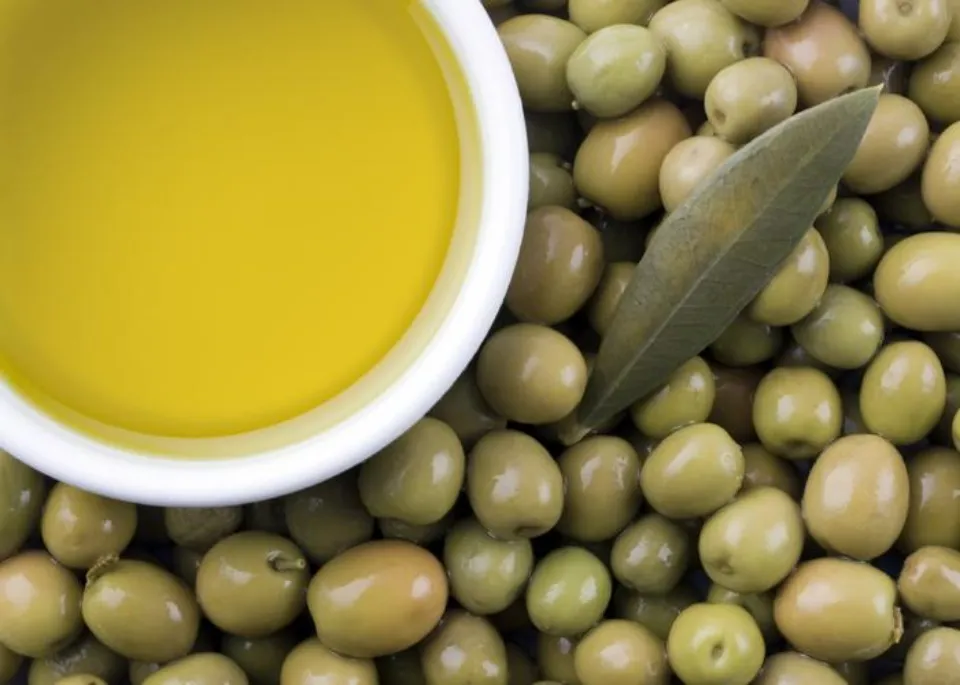
Price and Availability
Due to its low production and high demand, argan oil is typically more expensive and harder to find than olive oil. For skin care, olive oil is a more affordable alternative because it is more widely available and has a lower price tag.
Argan Oil Vs Olive Oil Which is Better for Skin?
Olive oil and argan oil both have favorable effects on the skin. They can aid in reducing inflammation and enhancing skin texture, and they are great moisturizers. Olive oil lacks a few special advantages that argan oil possesses.
Argan oil, for instance, can make the skin more supple and make wrinkles and fine lines less obvious. Its antioxidant content can also aid in protecting your skin from sun damage.
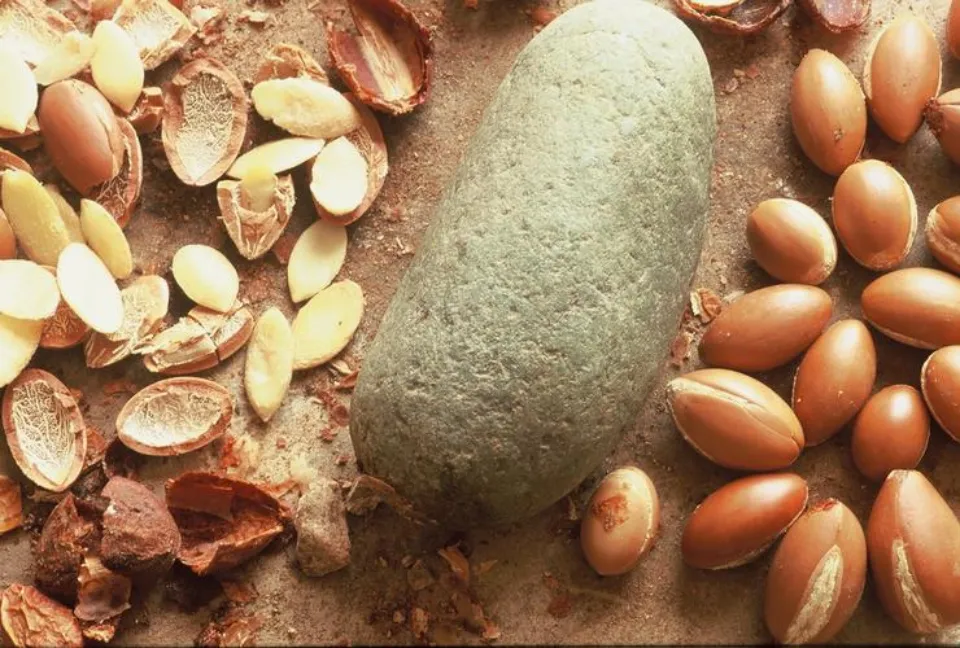
Olive oil, on the other hand, has a better reputation for improving the texture of dry skin and hydrating it. In addition, it is an excellent source of antioxidants, which can protect your skin from environmental stressors like pollution and UV rays.
The best oil for your skin ultimately depends on your needs and preferences. Both argan and olive oil are nutrient-rich and have many advantages for your skin. The best way to choose which oil to use is to try both of them out and see which one works best for you.
How to Use Olive Oil for Skin Care
Face
Apply a few drops of olive oil to your fingertips, then gently massage the oil into your skin to moisturize your face. Consider combining it with other beneficial oils like jojoba or almond oil for a more opulent experience. You can also add a few drops of your favorite essential oil for a pleasing scent.
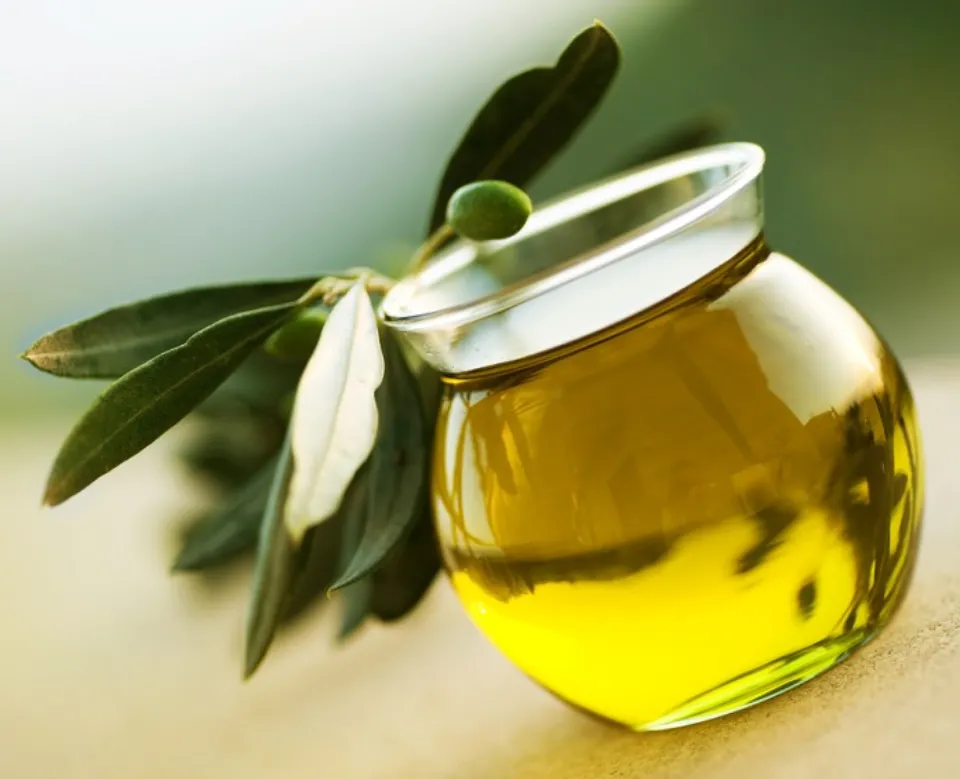
Body
Add a few tablespoons of olive oil to a warm bath, soak for 20 to 30 minutes, and rinse off for hydrated skin all over. In order to retain moisture and leave your skin feeling soft and supple, you can also apply olive oil directly to damp skin after a shower.
Precautions and Tips
- To get the most benefits, always choose high-quality, cold-pressed extra virgin olive oil for skin care.
- To make sure you don’t experience any negative reactions, perform a patch test before applying olive oil to your face or body.
- Use olive oil sparingly and watch your skin’s response to see if it works for you if you have extremely oily skin or are prone to breakouts.
Conclusion
Olive oil is superior to argan oil for skin care, despite the fact that both have advantages. Olive oil is a versatile and cost-effective choice for preserving healthy, radiant skin due to its impressive nutrient profile, anti-inflammatory properties, and suitability for the majority of skin types.




Average Rating